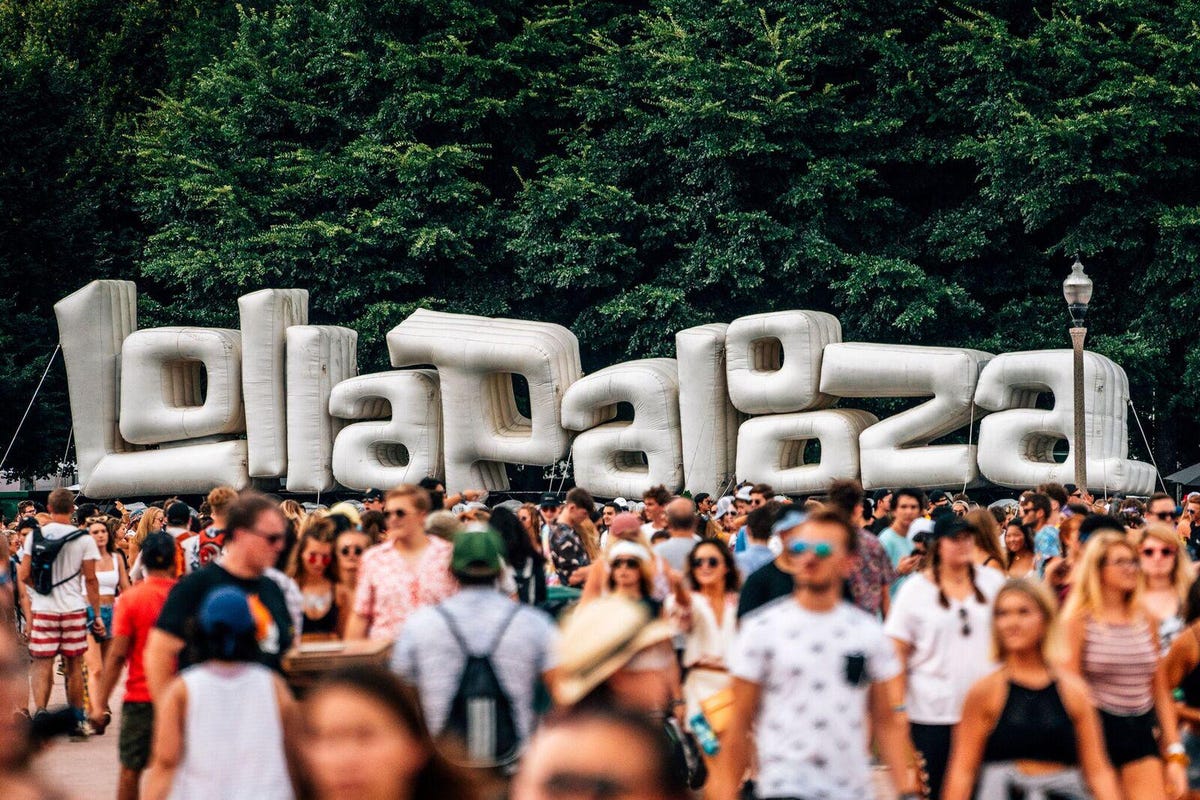When it comes to music festivals, few events can match the popularity and impact of Lollapalooza. This four-day festival held annually in Chicago features a diverse range of performers and genres, from alternative rock and heavy metal to punk rock, hip hop, and electronic dance. In this article, we’ll explore the history and impact of Lollapalooza, from its origins as a touring event to its current status as one of the largest and most iconic music festivals in the world.
Origins of Lollapalooza
Lollapalooza was originally conceived in 1991 by Perry Farrell, the lead singer of the band Jane’s Addiction. The festival was designed as a touring event featuring a collection of bands and was a commercial success, stopping in more than twenty cities in North America. The festival’s focus on alternative rock and counter-culture themes, such as environmentalism and social justice, set it apart from other music festivals of the time.
Lollapalooza in Chicago
In 2005, Lollapalooza was retooled into its current format as an annual festival held in Grant Park, Chicago. The festival quickly became one of the largest and most iconic music festivals in the world, hosting an estimated 400,000 people every July. Lollapalooza has also expanded beyond the United States, with events held in Chile, Brazil, and Argentina. In 2023, the festival will debut in Mumbai, India, further cementing its status as a global music event.
Lollapalooza Diverse Range of Performers
One of the key attractions of Lollapalooza is its diverse range of performers and genres. The festival has featured some of the biggest names in music, including Radiohead, Foo Fighters, and Lady Gaga. Lollapalooza has also provided a platform for up-and-coming artists, giving them the opportunity to perform in front of large crowds and gain exposure.
Impact on Music Culture
Lollapalooza has had a significant impact on music culture, both in the United States and around the world. The festival has helped to popularize alternative rock and electronic dance music, bringing these genres to a wider audience. Lollapalooza has also been a platform for social and political activism, with performers and attendees alike advocating for causes such as environmentalism and LGBTQ rights.
Conclusion
Lollapalooza is a music festival like no other, with a rich history and an impact that extends far beyond the boundaries of the music industry. From its origins as a touring event to its current status as a global music phenomenon, Lollapalooza has remained true to its roots, showcasing diverse performers and promoting social and political activism. It’s no wonder that Lollapalooza has become one of the largest and most iconic music festivals in the world, attracting hundreds of thousands of fans each year.
